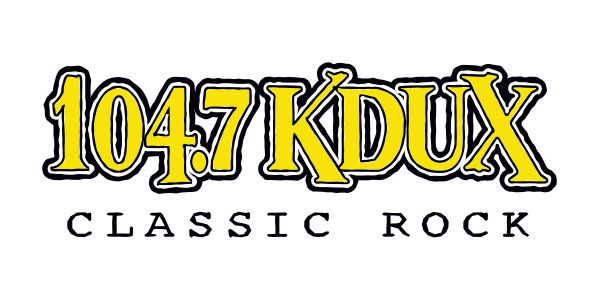Remembering Kurt Cobain… 25 Years Gone
Friday (April 5th) marks the 25th anniversary of the death of Nirvana founder and frontman Kurt Cobain at the age of 27. Cobain, who killed himself with a shotgun in a room above the garage of his Seattle home, instantly joined the pantheon of rock legends who died too early, including Jim Morrison, Janis Joplin,Jimi Hendrix, Bon Scott, and more. Yet while many of those artists lived the rock star lifestyle to the fullest, Cobain was branded as something that he, by all accounts, never wanted to be — the spokesman for an entire generation. It’s widely felt that Cobain’s inability to reconcile his inner demons and fear of “compromise” with Nirvana’s massive success drove him to depression, drugs, and ultimately, suicide.
Cobain did leave behind a small, yet incredibly significant, body of music. Nirvana was one of many bands — including Soundgarden, Mudhoney, and Mother Love Bone –– to emerge from the Pacific Northwest music scene, where a mix of influences ranging from punk to New Wave to metal fused into what became known as “grunge.” The combination of this heavily distorted sound with Cobain’s pop sensibilities, plus the emotional pull of his vocals and lyrics, catapulted Nirvana to the front of the pack, giving the world and the media a face to put to the entire alternative music genre that got pulled into the mainstream in Nirvana’s wake.
Born in Aberdeen, Washington, on February 20th, 1967, Cobain lived with various relatives after his parents divorced. Cobain met bassist Krist Novoselic in 1985, forming Nirvana with him in the late Eighties. The fledgling group drifted through several drummers and kicked around Olympia, Washington, before finally settling into the Seattle rock scene.
The group recorded demos with Seattle producer Jack Endino, who played the tapes for Sub Pop Records co-founder Jonathan Poneman. Poneman signed Nirvana to Sub Pop, and their first single, a cover of Shocking Blue‘s “Love Buzz,” came out in December of 1988. The group’s debut album, Bleach, recorded for just $600, arrived in 1989. It sold 35,000 copies, was a success at college radio, and brought major record labels sniffing around the band.
A six-song demo produced by Butch Vig led to a deal with DGC/Geffen Records, while Dave Grohl signed on as the band’s permanent drummer. The band recorded their second album during the summer of 1991, and the disc, titled Nevermind, arrived in September of that year.
DGC expected to sell about 100,000 copies of the record. Instead, it became a colossal hit, bolstered by the single and video, “Smells Like Teen Spirit.” An authentic rock anthem, the song captured the alienation, frustration, and apathy of young people worldwide. The song rocketed to the top of the radio charts asNevermind climbed the Billboard Top 200, finally perching at Number One by the beginning of 1992. The album went on to sell over 14 million copies.
